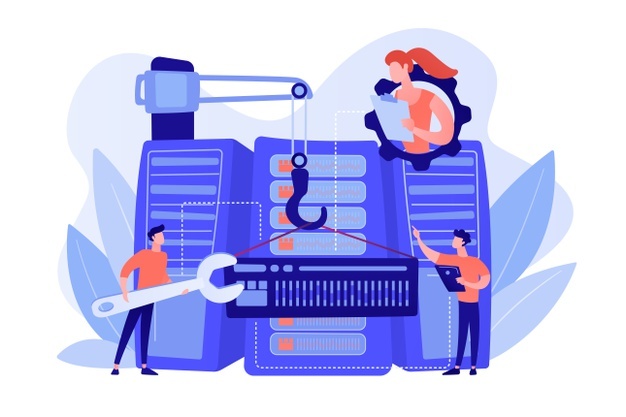1.Which two elements in feed water can cause corrosion of tubes and plates in boiler?
Ans: Acid and oxygen in feed water lead to corrosion.
2. What should be done to prevent a safety valve to stick to its seat ?
Ans: Safety valve should be blown off periodically so that no corrosion can take place on valve and valve seat.
3. Why large boilers are water tube type ?
Ans: Water tube boilers raise steam fast because of large heat transfer area and positive water circulation. Thus they respond faster to fluctuations in demand. Further single tube failure does not lead to catastrophy.
4. What type of boiler does not need a steam drum ?
Ans: Super-critical pressure boiler.
5. Why manholes in vessels are usually elliptical in shape ?
Ans: Elliptical shape has minimum area of opening and thus plate is weakened the least. Further it is very convenient to insert and take out the cover plate from elliptical opening.
6. Low water in boiler drum is unsafe because it may result in overheating of water tubes in furnace. Why it is unsafe to have high water condition in boiler drum ?
Ans: High drum level does not allow steam separation to be effective and some water can be carried over with steam which is not desirable for steam turbine.
7. Why boiler is purged everytime before starting firing of fuel ?
Ans: Purging ensures that any unburnt fuel in furnace is removed, otherwise it may lead to explosion.
8. What is the principle of mechanical refrigeration ?
Ans: A volatile liquid will boil under the proper conditions and in so doing will absorb heat from surrounding objects.
9. Why high latent heat of vaporisation is desirable in a refrigerant ?
Ans: A high latent heat of vaporisation of refrigerant results in small amount of refrigerant and thus lesser circulation system of refrigerant for same tonnage.
10. What is the critical temperature of a refrigerant ?
Ans: Critical temperature is the maximum temperature of a refrigerantrat which it can be condensed into liquid and beyond this it remains gas irrespective of pressure applied.

